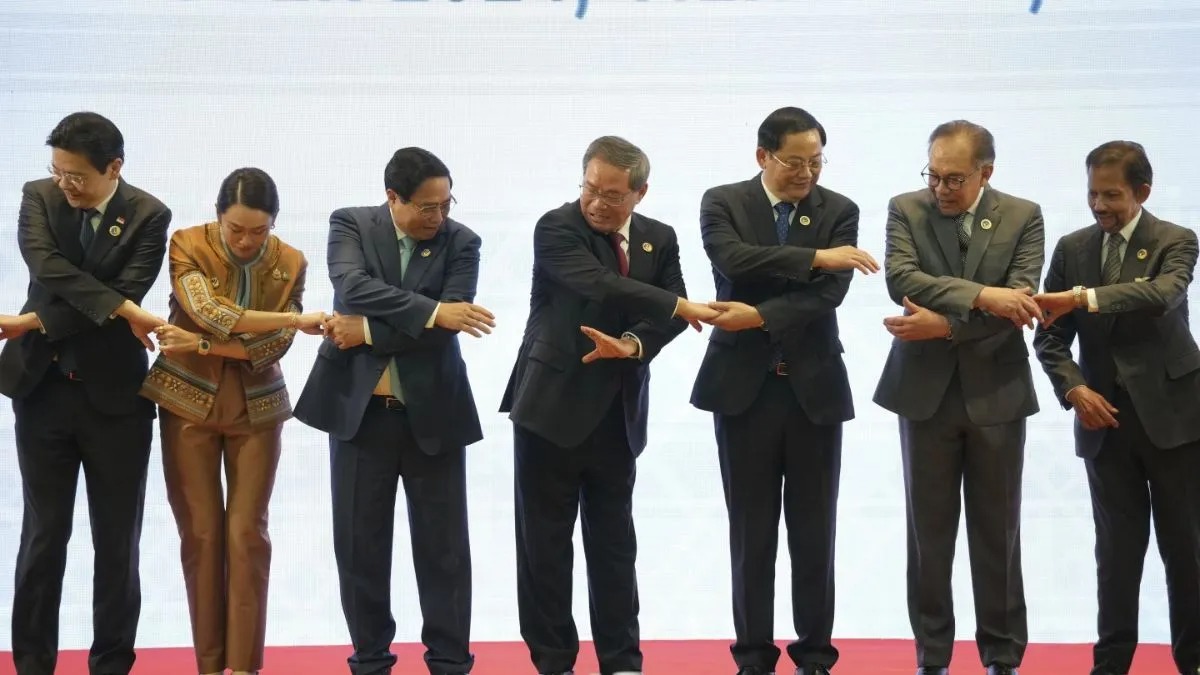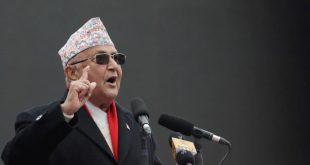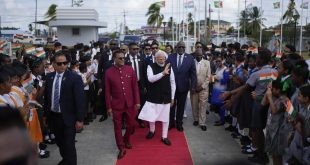
Vientiane, Laos: China has blamed outside powers for meddling in regional affairs at the Association of Southeast Asian Nations (ASEAN) summit. ASEAN leaders sought to press China to respect international law after clashes in the disputed South China Sea during their annual summit today, but China remained miffed. Chinese Premier Li Keqiang blamed “outside forces” for meddling in regional affairs. The meeting of the 10-member Association of Southeast Asian Nations (ASEAN) with Li comes after recent violent clashes between China and ASEAN members the Philippines and Vietnam.
Meanwhile, Malaysian Prime Minister Anwar Ibrahim said the organization called for an early conclusion of a code of conduct to control the South China Sea. Negotiations on the code of conduct have been going on for several years, involving many complicated issues. These include disagreements over whether the agreement should be binding. Ibrahim will take over the chairmanship of ASEAN next year. According to Malaysia’s national news agency Bernama, he said ASEAN reiterated the need to maintain peace and security in the strategic waterway. But Lee said the intervention of foreign forces was creating conflict in the region.
Who said what?
“We should recognize that our development is also facing some unstable and uncertain factors, in particular, external forces who often interfere and try to trigger factional confrontation and geopolitical conflicts in Asia,” Lee, who is with China, Japan, and South Korea, said. He called for more dialogue among countries to resolve disputes amicably. The Chinese premier did not name any foreign powers, though China had earlier warned the US not to interfere in disputes in the region. An ASEAN official, who requested anonymity, said Philippine President Ferdinand Marcos Jr told Lee during the talks that ASEAN-China cooperation cannot be separated from the maritime dispute.
China claims rights over the South China Sea.
Let us tell you that China claims full rights over the South China Sea. Other countries have been opposing this. An official said that Li responded to this by saying that the South China Sea is “a shared area” and China has the responsibility to protect its sovereignty. The Philippines, a long-time US ally, has been criticizing other ASEAN countries for not doing more to push back China. Apart from regional security issues, Li also emphasized the economic relations between Beijing and ASEAN and said that strengthening trade relations and creating a wider market is the key to economic prosperity amid rising trade protectionism.
 Suspense Crime Sach Ka Dam
Suspense Crime Sach Ka Dam


